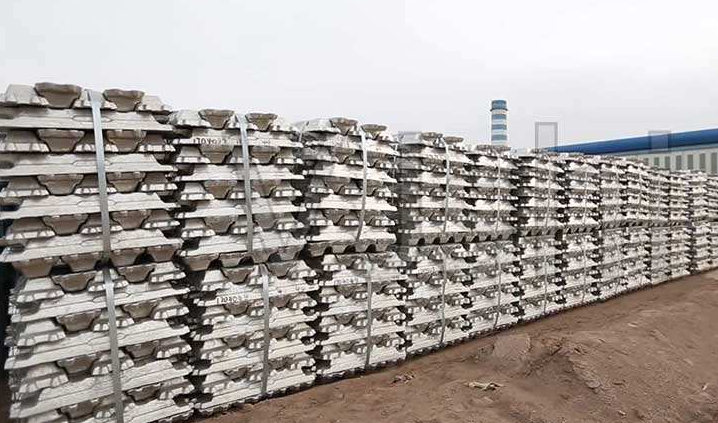

The use of aluminium is growing critical and widespread across a vast number of manufacturing sectors, so much so that the European Union countries, led by France and Germany, are prescribing to classify the metal as a ‘strategic raw material’. By doing this, the EU countries expect to get faster permission for any official procedures related to aluminium and more access to financing for the industry, which, in turn, will benefit domestic companies.

As per the report published by the Financial Times, the proposed amendment to the EU’s law on critical raw materials suggests placing bauxite, alumina, and aluminium on the top priority as they are a pivotal part of metal processing and find applications in a wide range of products like tin cans or solar panels.
The European Commission first proposed the amendment in March as part of green economy activities. Diplomats from several European countries like Germany, Greece, France, and Slovenia supported the proposal for the inclusion of aluminium and its raw materials. Many others also supported claiming that these materials are highly crucial for the energy and digital transition, and the EU is heavily dependent on bauxite imports.
Many other trade groups are lobbying for the classification of aluminium, noting its importance in solar panels, wind turbines, and grid technologies.
If aluminium, alumina and bauxite are listed as strategic raw materials, permission timeline for bauxite and alumina extraction will be lessened to 24 months and for aluminium processing permits to 12 months. On the other hand, the European Union will need to increase domestic extraction to 10 per cent and domestic processing to 40 per cent of the total consumption.
The priority list will be finalised after several rounds of negotiations between member states, the commission, and the European Parliament.
Responses








